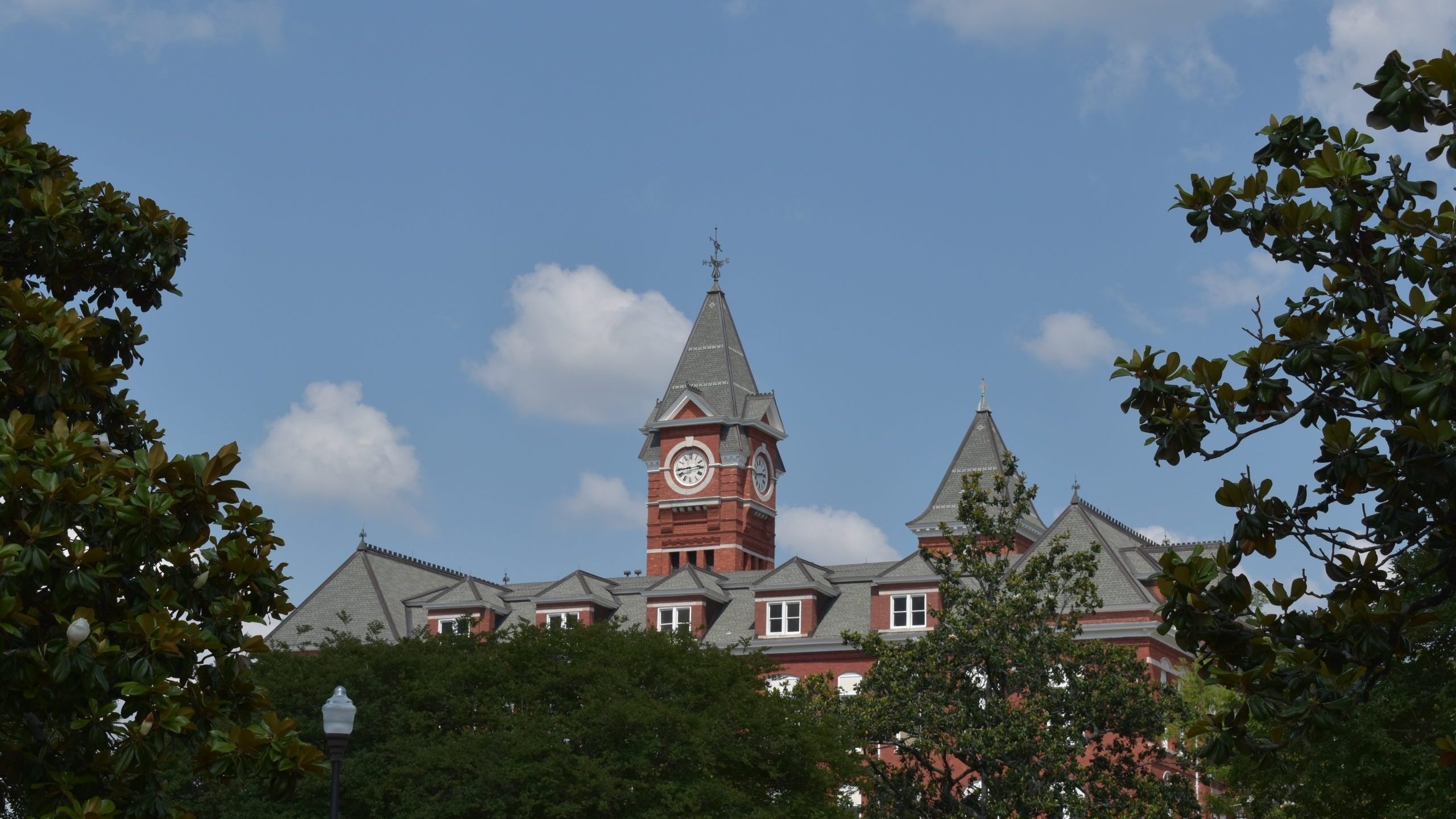There has to be a villain. In every tough situation — every situation in which people are scared or inconvenienced — there has to be someone to blame it all on. Some focal point for all of that frustration.
At Auburn University, that person is Bill Hardgrave, university provost and chief academic officer.
On Tuesday, Hardgrave faces a no-confidence vote from the Auburn faculty, some of whom are upset with him — why Hardgrave specifically, I still don’t really understand — over the university’s decision-making during the pandemic. Drawing the most ire, it seems, was Auburn officials’ decision to increase in-person course offerings to 70 percent in the spring semester.
But here’s the really weird part: No one thinks Auburn officials have handled the pandemic particularly poorly.
In fact, it could be argued that they did pretty well.
While there were early problems on campus when the fall semester started — just as there were at almost every university campus in America — Auburn, through a number of protocols and limits, apparently got a handle on things. There was no campus shutdown. There were no layoffs. There weren’t even furloughs or widespread pay cuts.
Three professors I spoke with — two of whom have been outspoken critics of the university in the past — said they had been mostly pleased with the university’s response to the pandemic and thought the current upheaval was based more on COVID fatigue than on actual issues with Hardgrave. (The professors agreed to speak on condition of anonymity because they didn’t want to be seen as publicly undermining their peers.)
And really, that seems to be the case.
When pressed by media outlets for specifics on why they were calling for a no-confidence vote on Hardgrave, the leaders of this movement were all over the map. In an Opelika-Auburn News story on the uproar, faculty members said they were mostly upset over not having desired flexibility in teaching in-person or virtual class and they were angry that some of their ideas had not been implemented yet.
But math professor Hal Schenck, a Rosemary Kopel Brown Eminent Scholars Chair, told the OA News — and sent an email to his colleagues saying the same — that Hardgrave was being treated unfairly and that the provost had held a series of town halls that produced good ideas that were being utilized by the university.
“I think this is a really difficult time for everyone and I think, in general, my perception is that the [university] administration has been operating in good faith and doing the best that they can with limited information,” said Schenck. “The administration and the Provost have been doing a good job. I think that’s a perception of a lot of folks, and I also think that this vote of no confidence is being driven by a small minority of the faculty.”
Schneck circulated a letter of support for Hardgrave that was signed by 50 faculty members, all of them chairs or senior members, the OA News reported. (The letter calling for a no-confidence vote against Hardgrave required only 50 signatures.)
Auburn officials, including university President Jay Gogue, have also been quick to point out that Hardgrave has gone out of his way to get input from faculty, and also from other interested parties. Two very important groups were the Auburn students and other support staff.
After considering that combination of voices, along with the data from the fall semester and advice from state health officials, Hardgrave said he put together the spring plan. It took the best practices available and combined them with common sense.
The final result was a plan that Hardgrave thought would have more widespread support. But then, he was cast as the villain.
Now, for very little reason at all, Auburn faculty are voting on a no-confidence label for a provost in the middle of an unprecedented pandemic. Putting at risk losing students, discouraging top faculty from working at Auburn and placing the university’s accreditation at risk.
And really, the only reason any of it is happening, from what I can tell, is that Bill Hardgrave was forced to make decisions on issues in which there were no right answers. And he was forced to make them in a tough time, when everyone was looking hard for a villain.



















































